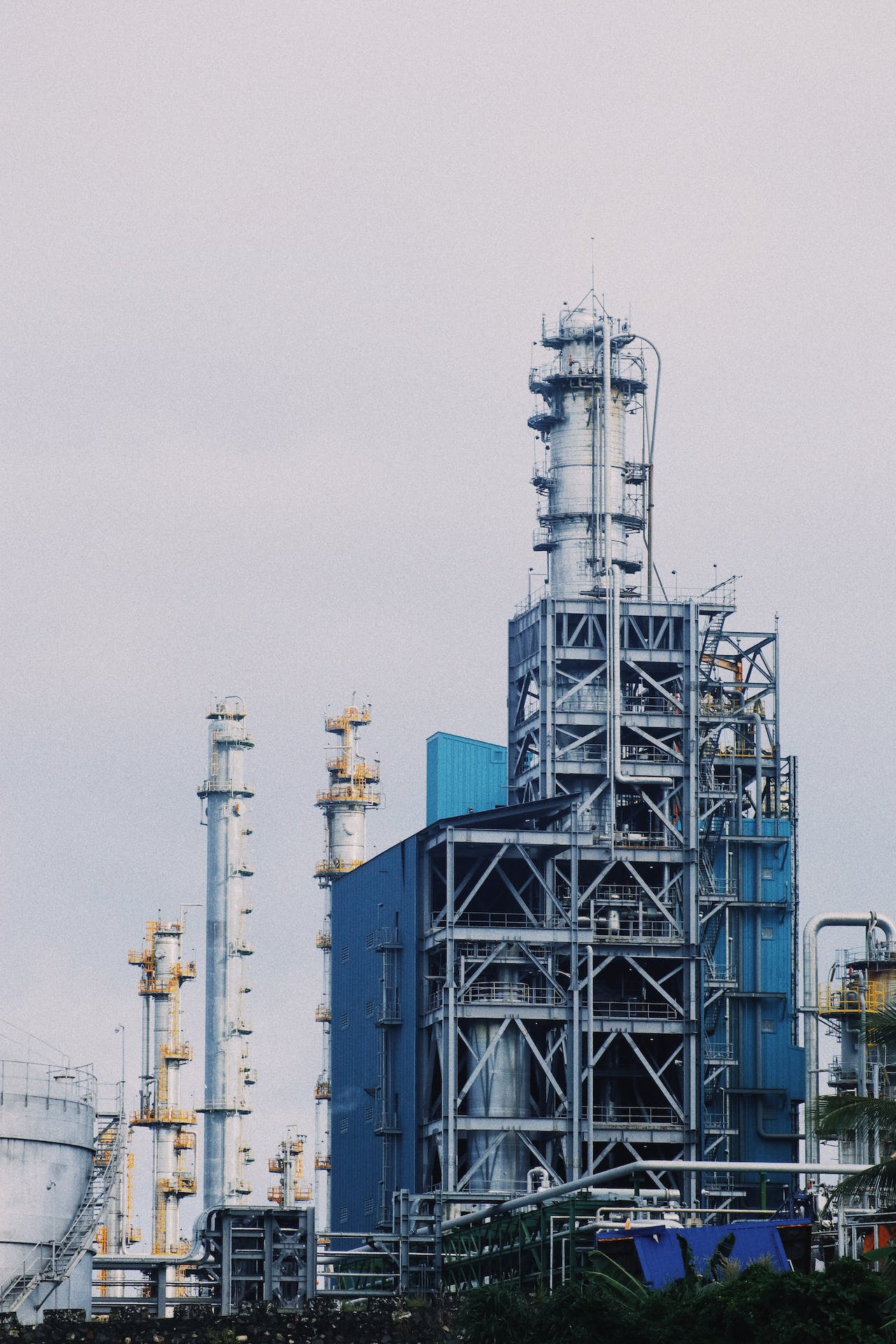In a recent release of its Commodity Markets Outlook, the World Bank has issued a stark warning that oil prices could skyrocket by up to 75%, reaching an unprecedented $157 per barrel if the ongoing conflicts in the Middle East and Ukraine escalate into a “large disruption.” The report outlines three risk scenarios categorized by the scale of the potential oil market disturbance: a “large,” a “medium,” and a “small” disruption.
According to the analysis, should daily oil supply decrease by 6 to 8 million barrels, prices are projected to surge within the range of $140 to $157 per barrel. In the event of a “medium” disruption, crude prices could escalate to between $109 and $121 per barrel, while a “small disruption” could still lead to a substantial increase, ranging from $93 to $102 per barrel.
Ayhan Kose, the Deputy Chief Economist of the World Bank, has underscored the potential ramifications of a “severe oil price shock,” warning of a heightened risk of food insecurity not only in the Middle East but also in various other regions worldwide. He stated, “It would push up food price inflation that has already been elevated in many developing countries.”
In terms of the immediate market outlook, the World Bank anticipates that crude oil will average around $90 per barrel in the current quarter, with a subsequent decline to an average of $81 per barrel projected for the year 2024. As of Tuesday midday, West Texas Intermediate (WTI) futures (CL=F) and Brent futures (BZ=F) have been hovering around $82 and $88 per barrel respectively, marking an 8% decrease over the past 10 days.
A recent attack by Hamas on Israel earlier this month resulted in a significant 4% surge in oil prices within a single day. This surge was attributed to concerns surrounding Iran, an oil-producing nation, potentially becoming entangled in the conflict.
The World Bank highlighted that the Middle East conflict’s effect on commodity prices has been mitigated by a globally diverse oil supply market, supplemented by individual nations’ substantial petroleum reserves and a diminished reliance on oil overall.
Given the ongoing uncertainty in the Middle East, investors are advised to closely monitor market developments to assess the potential impact of these events on both oil prices and the overall well-being of populations worldwide.
Source: Yahoo Finance



